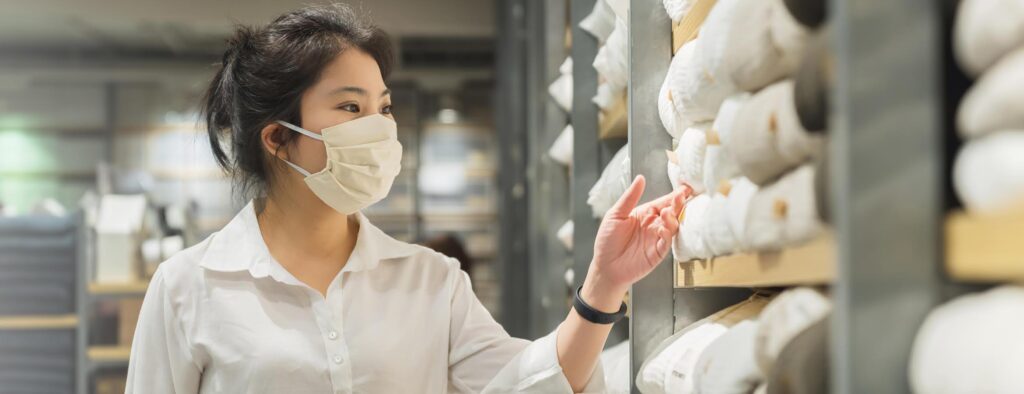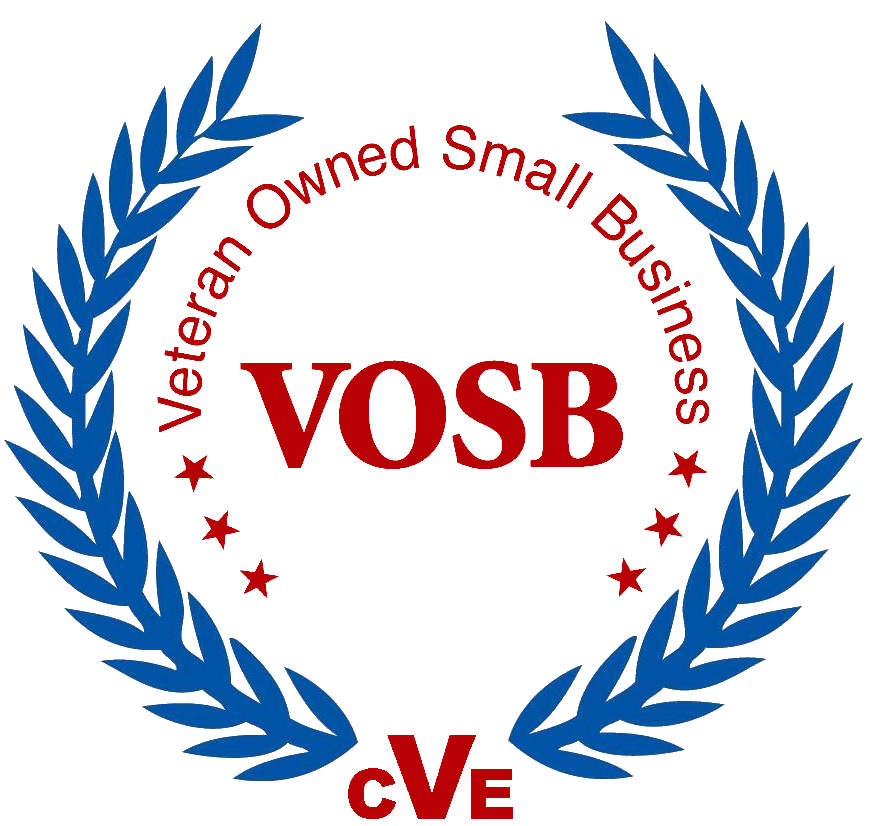
It has been nearly five months since the novel coronavirus (also known as COVID-19) made its way to the United States, forcing the country into an unprecedented pandemic lockdown. Every person has been affected by this event, whether directly by the virus itself or indirectly by the effects of the shutdown measures put in place to try and slow the spread of the disease.
People have been sheltering in place, working from home, social distancing in the limited public spaces that are open, and most importantly, wearing face mask coverings to prevent the spread of airborne particulates.
Despite the measures put in place to try and flatten the curve of the spread of coronavirus, we are still seeing a nationwide increase in the number of active cases. Nevertheless, the message from the public and the business community is clear: people are eager to return to their normal lives and routines.
Across the nation, non-essential businesses are beginning to open their doors again and the need for personal air filtration has never been greater. Let’s dive in and discuss the types of personal filtration devices available and what your business can do to protect your employees as well as the general public as we begin to resume regular life across America.
Every Industry Has Different Air Filtration Standards
The first thing to take into account in regards to industrial air filtration is the type of business you run. There are different minimum standards and requirements across various industries; in other words, schools have different requirements than commercial buildings or health care facilities.
You can view a full list of downloadable guides on the National Air Filtration Association (NAFA) website. These guides are handy for your industrial HVAC needs, but with the onset of COVID-19, the addition of face masks worn by your employees and the public is a crucial part of keeping everyone safe and healthy. Let’s look deeper into the world of face masks.
Not All Face Masks Are Equal
When it comes to face coverings for industrial air filtration, there is a lot of confusion about what is effective in which situations. Essentially, there are two main categories for face filters: masks and respirators. Masks can consist of anything that is wrapped around your face (specifically over the nose and mouth) that filters out larger particles. These types of masks include surgical masks, bandanas, or simple dust masks, each having varying levels of success in filtering out unwanted contaminants. Masks often fit loosely on the face, allowing particles to enter through the sides if not properly fitted.
Respirators are designed to create a seal around your face so that no air is let in or out without passing through the filter. At this point, you have likely heard about “N95” masks in the news or media. N95 masks are a single-use respirator that claims to filter out 95% of particulate matter in the air. They are meant to be worn for a limited time as prolonged use will cause the filters to fill up and make it harder for air to pass through. These respirators are highly sought after in this crisis, but they are recommended to be saved for those medical professionals who are working on the front line of this pandemic. That said, if your business is one that works with high risk people or a high volume of potentially exposed people, this is one of the best options for your employees (assuming you can get your hands on them).
The Fit and Placement of Your Face Covering Matters Most
You have probably been out grocery shopping in the last few months and noticed fellow shoppers wearing their face coverings improperly. Some people wear their covering over just their mouth with their nose sticking out (completely negating the purpose of the mask) while others simply take their mask off as soon as they get past the security check.
It is all good and well to buy high end masks or respirators, but if you and your employees are not wearing them properly then they are not only not performing their function, but in some cases, they may be increasing your risk to exposure to the virus.
In order for your face coverings to function properly to protect your staff and customers, the fit of the mask must be right. Some masks and respirators are designed differently for different face shapes, so it is important to acquire masks that fit your face shape properly.
It is also crucial for any employees who have facial hair to be encouraged to shave their quarantine beards off so that a proper seal can be formed around the mask. All businesses should require masks to be worn indoors at all times and should be prepared to enforce those rules if people are not taking them seriously or are ignoring the rules all together.
If You Can’t Buy Them, Make Them
Due to the widespread nature of this virus, there has been a global shortage on quality face masks and respirators. If you are unable to purchase quality masks for your business in a timely manner, it might behoove you to consider creating your own masks.
Homemade face coverings can be constructed from common household items as well as from repurposed industrial air filters. The most effective household items that can be used to create face coverings are cotton t-shirts and pillowcases. Encourage your employees to fashion a face mask out of these items if they are unable to acquire a proper respirator before returning to the workplace.
If you happen to have extra unused industrial air filters for your HVAC system lying around, you can fashion higher quality masks for your employees. Be sure to use filters that are made of a non-shedding material and have a quality MERV rating, such as a HEPA filter. These filters have the highest particle capture rate, but also reduce the breathability.
As our world begins to open up again, make sure to keep your safety practices at the forefront of your mind and employee’s procedures. While masks and respirators can’t replace social distancing and good old-fashioned hand washing, they are a crucial part of keeping your employees and customers safe.

Advanced Filtration Concepts is a
Certified Veteran-Owned Small Business.
